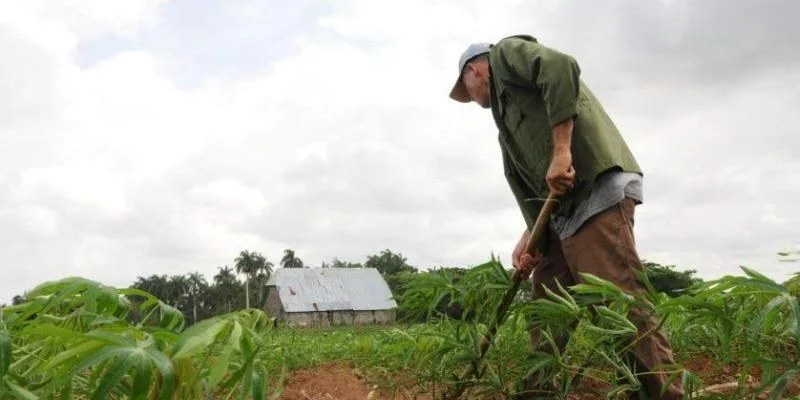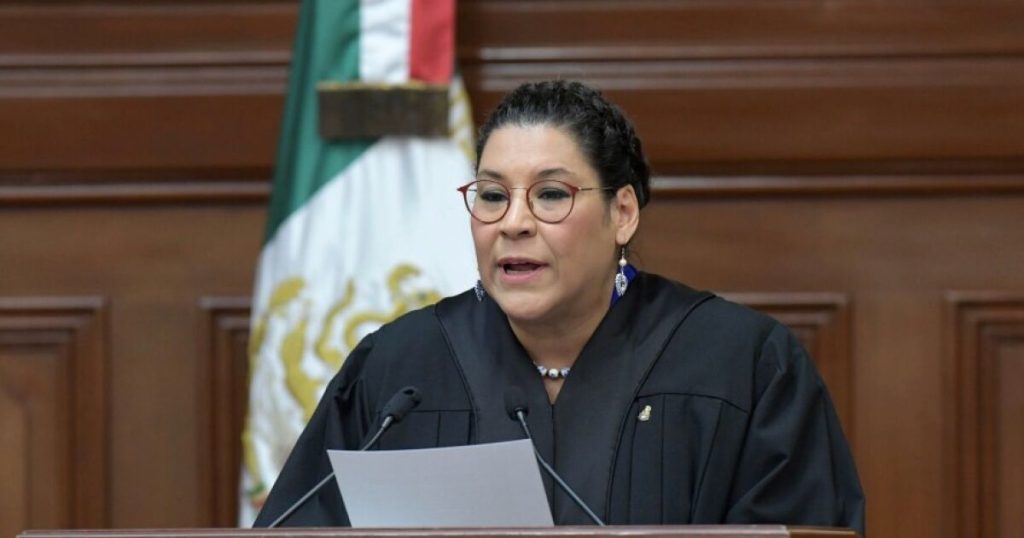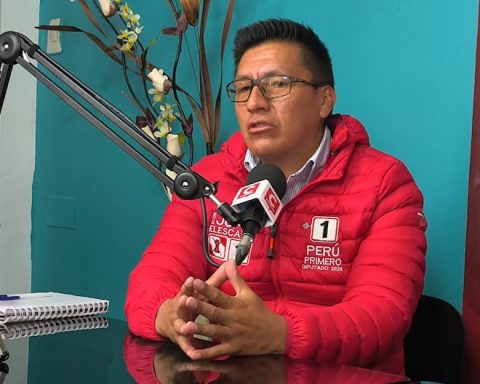HAVANA, Cuba. – In recent days, Havana hosted the 15th edition of the International Cooperative Convention (COOPERAT 2024), which met under the slogan of “a space for dialogue from cooperatives.” On this occasion the event was coordinated by the pro-government Center for Studies in Management, Local Development, Tourism and Cooperatives (CEGESTA), attached to the University of Pinar del Río.
According to the organizers of the event, the range of issues discussed aimed at solving problems that affect the development of the cooperative movement and food production. In the specific case of Cuba, those attending the conclave advocated for the implementation of initiatives that contribute to the materialization of the Food and Nutrition Sovereignty Law, the productive chain between the various economic actors, as well as the strengthening of local productive systems. Although, as it is logical to imagine, there was no shortage of mentions of the United States “blockade”, and the location of the Island among the nations that sponsor terrorism, as elements that supposedly hinder the development of the cooperative movement in the country.
Anyone would think that COOPERAT 2024 was held at a time when cooperatives were booming in our country. However, nothing could be further from the truth. The number of agricultural cooperatives on the Island in its three modalities – basic cooperative production units (UBPC), agricultural production cooperatives (CPA), and credit and service cooperatives (CCS) – has decreased, which, among other things, aggravates the productive deficit exhibited by the agricultural sector.
According to figures provided by the Statistical Yearbook 2023 issued by the National Office of Statistics and Information (ONEI), in 2019 there were 1,519 UBPC, 876 CPA and 2,464 CCS in the country. But already in 2023 there were 1,383 UBPC, 839 CPA and 2,429 CCS.
The official press was forced to recognize some approaches that emerged in COOPERAT 2024, and that hinder the work of cooperatives and in general the work of the men who work the land.
They talked about the problems that banking has brought, at a time when many farmers and workers hired in cooperatives demand that their salaries be paid in cash. Likewise, the lack of autonomy suffered by a good part of the cooperatives regarding their productive and marketing management was revealed. The latter related to the government’s desire to contract all productions so that they are marketed only by the Acopio entities belonging to the State. Entities that, as is known, do not pay producers adequately, and sometimes do not collect all the crops due to lack of transportation or fuel. And, of course, complaints about the Government’s failure to pay producers on time could not be absent.
As a culmination, we could mention some topics that were either not addressed in COOPERAT 2024, or were treated very superficially, and that are fundamental for the development of the Cuban agricultural sector.
For example, what is going to be done in the Cuban fields to stop the exodus of workers to the cities or other sectors of the economy? An exodus that has led to the dissolution of many agricultural cooperatives. On the other hand, society demands that state productive investments in agriculture increase, as an essential way to increase food production, and that the few resources the nation has to stop allocating them to the construction of hotels that only satisfy appetites. of the military leadership of GAESA.


















